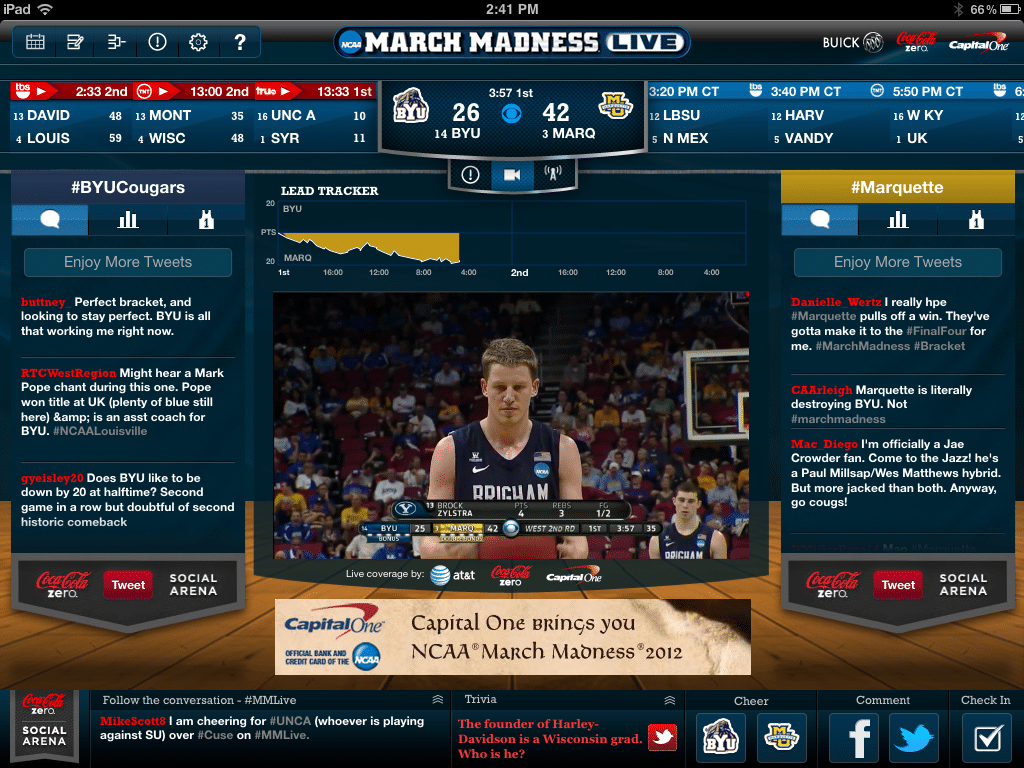While university admission is too competitive, students that get a chance to study the course they want may fail and drop out or retake the course. In fact, failure is common in college, especially in the first year, because students rarely study smarter and end up with bad grades.
Being overwhelmed by the coursework and struggling to understand the taught concepts are reasons for the high college dropout percentage. Failing for several semesters can cause a learner to be kicked out of the program resulting in loss of both time and money.
First-year students need to know that even if they are passionate about the course, some subjects will be easier than others. Those hard ones will require extra effort, which includes joining a study group, getting a tutor, or spending more hours reading in the library. To ensure you don’t end up failing any subject, here are study tips that will set you up for success.
Know the Learning Style That Fits You

Want to thrive in university? Make use of your unique learning style. Every student processes and retains information differently. Knowing the learning method that works for you will ensure you comprehend information better and faster. There are several types of learning styles:
- Tactile
- Auditory
- Visual
- Analytical
- Linguistic
- Social
- Solitary
In most cases, it will take a combination of different learning styles to study smarter. Part of studying smarter is understanding content from an essay writer. A young scholar needs to figure out their learning style because it plays a crucial part in helping to succeed in academia. It also provides you with unique customized techniques to study well and score better in tests and exams.
Suppose you learn concepts using your best strategy. In that case, you are more likely to retain and remember the information, which leads to better understating the course and reduces the frustration of memory loss. This maximizes potential, boosts your self-confidence, and makes it easier to enjoy learning.
Take Good Notes
Taking notes is key to excelling in academia. In fact, note-taking is a skill that you will use in your whole academic journey and professional life. The Cornell method is great for note-taking as it allows the student to divide the information into notes, cues, and summaries.
In this method, the notes taken in class are structured into an outline. The summary is written after class and allows the student to review the taught material and summarize it. Again, the cues are to help a learner remember the content they are studying.
Enhance Productivity by Using the Pomodoro Technique
While Pomodoro is the productivity of choice for most professions, the techniques discussed are applicable in a student’s life. For example, a learner can set a timer and allow the minutes to study a specific section. They then take a break when the time is up and repeat the process. This method ensures you don’t get burnout or spend too much time checking socials while you are studying. It also boosts productivity and ensures you accomplish the set task within the set deadline.

Take Charge of Your Studies
Successful students and those who excel in exams are those who have mastered the art of learning. For starters, you’ll understand concepts better and enjoy school if you take charge of your education. The trick is to know what is expected of you in that course from the beginning of the semester. Then set how you will achieve those goals.
Read the marking scheme for assignments and recommended topics for coursework. Then, go further and read outside the curriculum to expand your knowledge on the subject. Finally, don’t forget to sharpen skills that will help you become a competent student. Also, organize the information in a way that makes it easier to learn faster and recall more.
Track Your Time
After class, what percentage of your free time do you spend it studying? By tracking your time, you can eliminate any meaningless activities that shouldn’t be on your schedule. In addition, doing so gives you a clue on how many hours you spend on school work and whether you need to add more reading time for a specific subject.
Schedule Assignments
You’ll have more control of your time and life once you schedule everything, including homework. Most students would rather leave assignments till the last minute. When you procrastinate, you end up doing the task in a hurry and may fail to complete it. Even if you finish doing it, you might have low-quality work, which translates to a lower grade. When you schedule assignments, you avoid the last-minute rush and have ample time to create quality work.













Leave a Reply